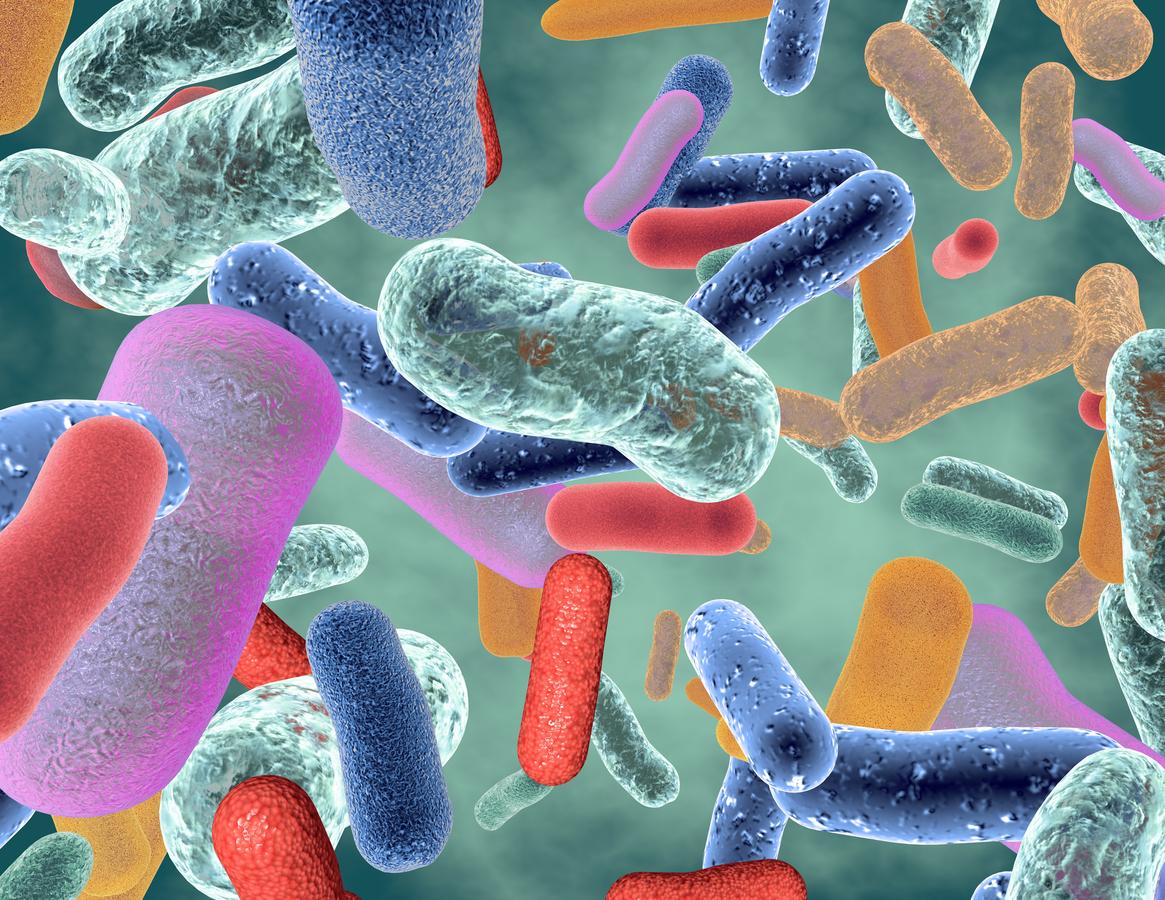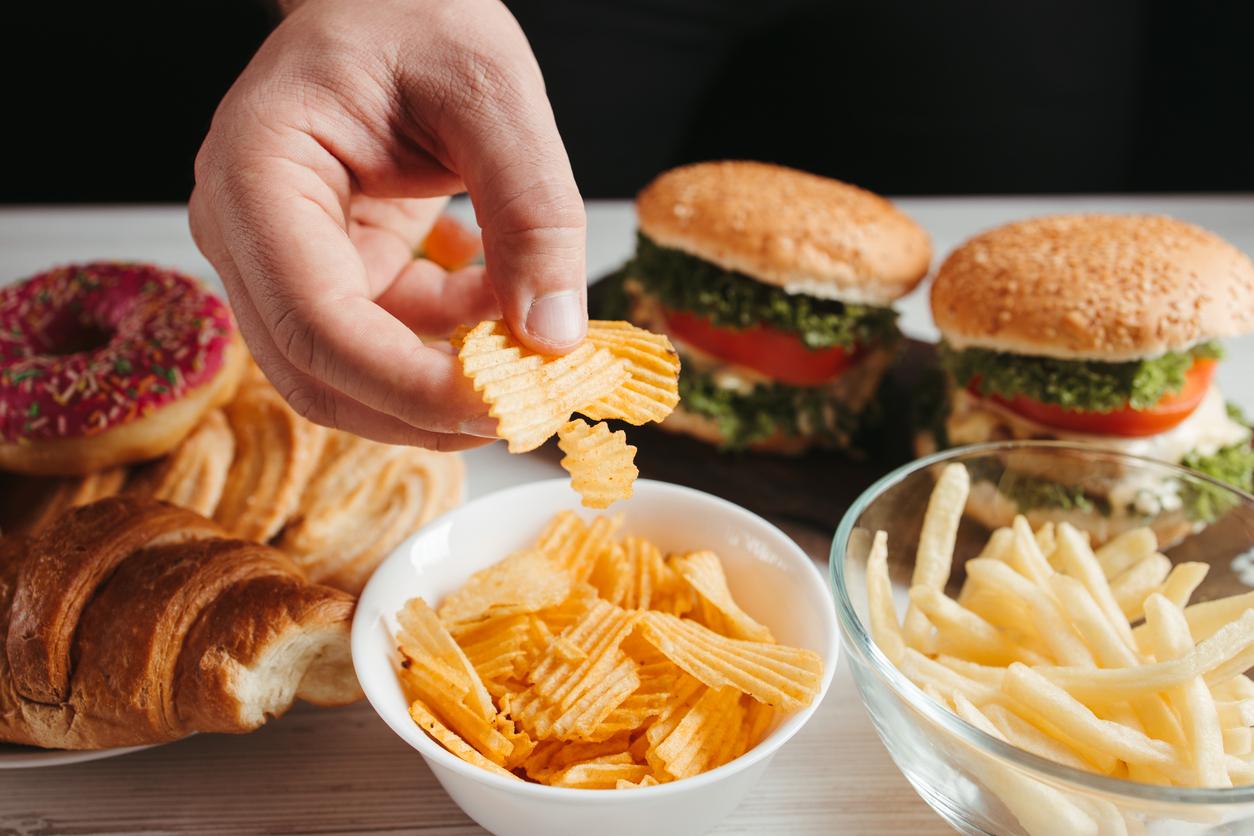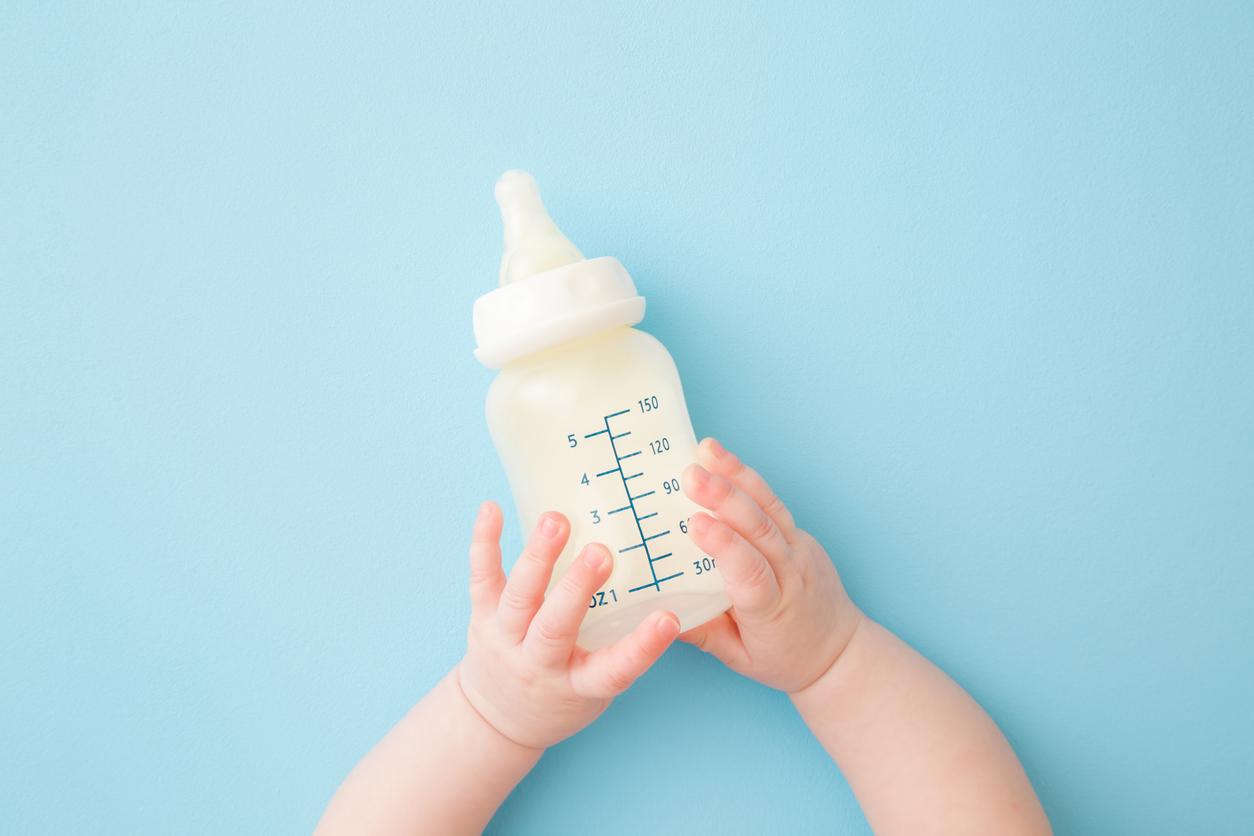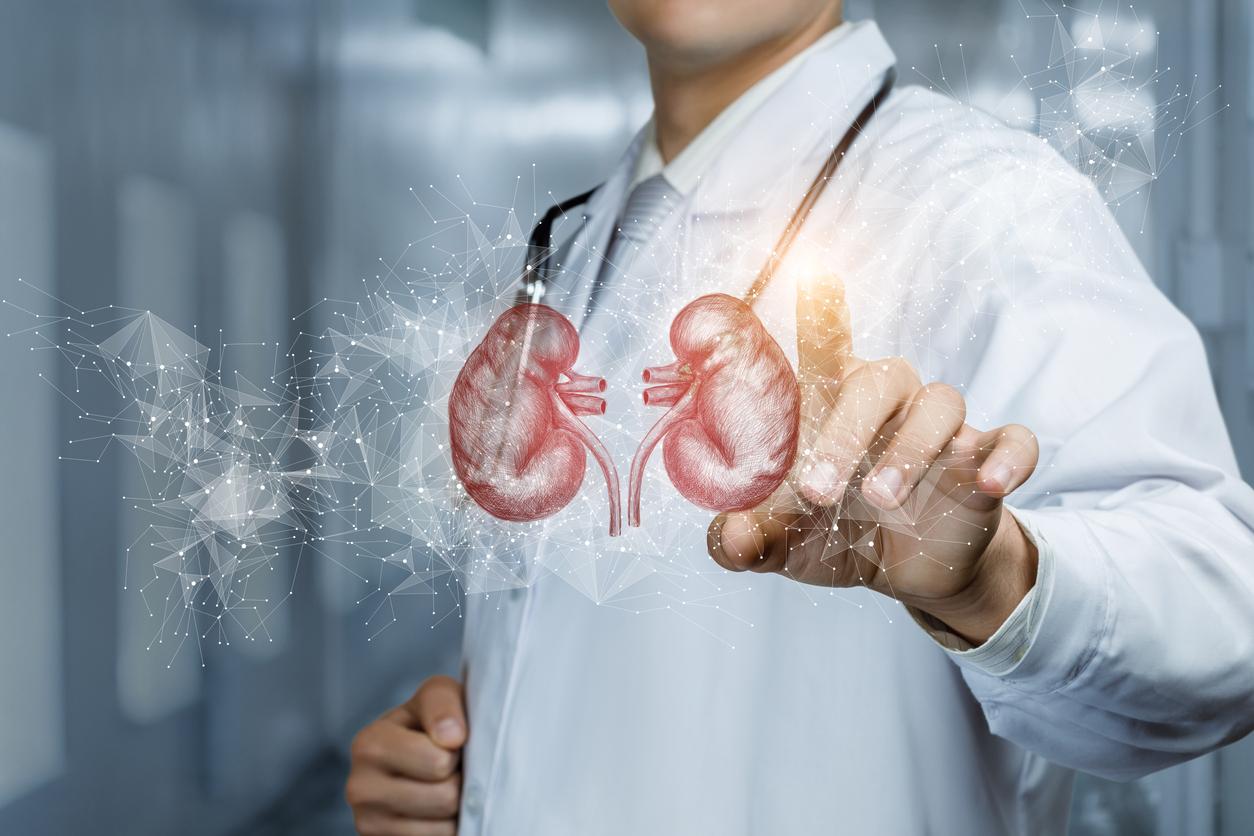A diet high in fat affects the microbiota from the esophagus, according to the results of a study published in the medical journal Scientific Reports. These substances deplete the good, beneficial bacteria and increase the levels of “bad” bacteria. These conclusions were obtained on rats.
Researchers at the University of New South Wales (UNSW) in the UK analyzed the composition of the esophageal microbiota of rats fed a diet high in fat. The study observed significant changes in guinea pigs.
Indeed, this group of guinea pigs has stored much more fat and displays a reduction in insulin sensitivity. These rats saw their bacterial pathways significantly reduced in the lower esophagus.
The researchers also found that some levels of beneficial and harmful bacteria were altered. They deduced that strong correlations between metabolic parameters, esophageal microbial profiles and esophageal gene expression existed. In particular, the levels of Fusobacterium, Rothia and Granulicatella bacteria appear to be linked to certain metabolic and genetic markers.
A link with esophageal cancer
“The high fat diet lowers the levels of Lactobacillus, which is well known to be beneficial and part of different probiotics,” explained Dr Nadeem Kaakoush. “It gives us the idea that maybe we can counter it with probiotics the effects of high fat diets andobesity, because they are known to be risk factors for esophageal disease “.
“The other interesting observation from the study was the increase in Fusobacterium species as they are linked to various diseases.”
Indeed, the Fusobacterium bacterium is associated with various diseases, such as periodontitis,appendicitis, certain inflammatory bowel diseases and, more recently, colorectal cancers. A Japanese scientific study published in 2016 has already established that Fusobacterium in the esophagus of patients with esophageal cancer marks shorter survival times.
Read also:
I rebalance my fat intake
Sugar, salt and fat: why are we addicted?
Avocado, the fruit with good fats!

















